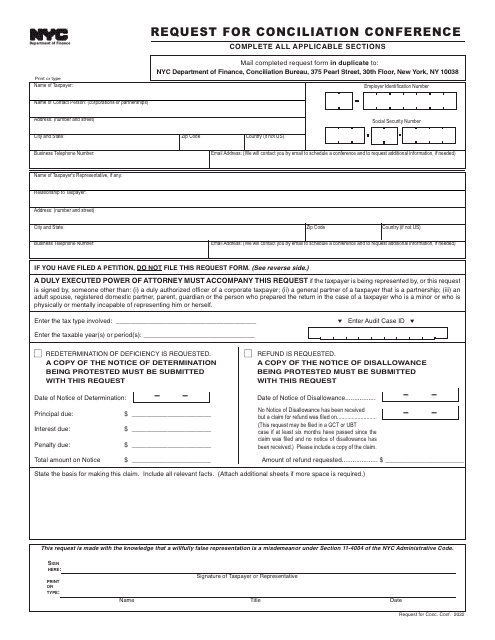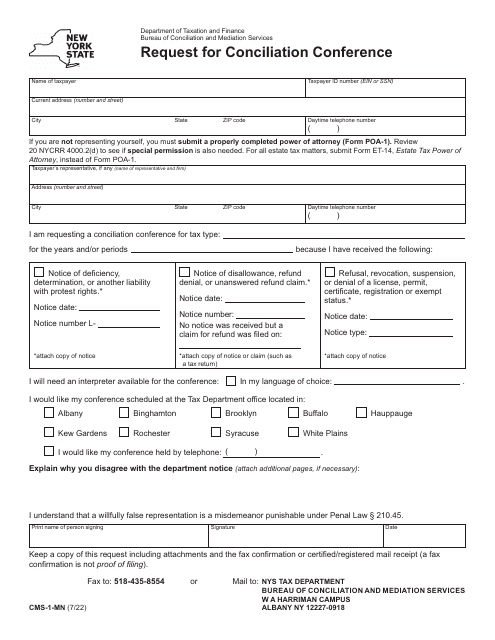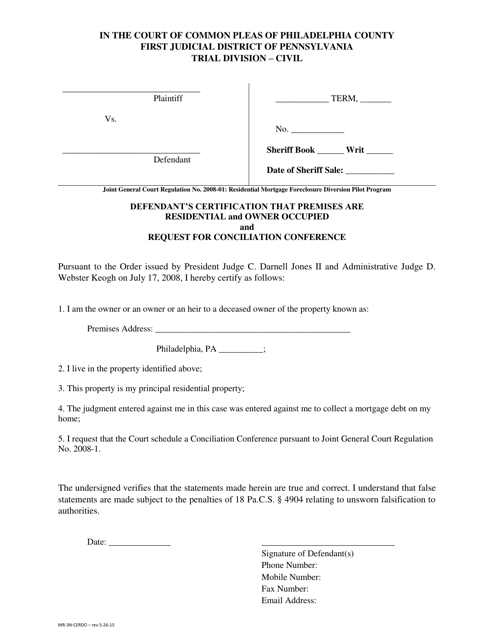Conciliation Conference Templates
Are you involved in a dispute and looking for a way to resolve it without going to court? Consider participating in a conciliation conference. Also known as a conciliation meeting or a dispute resolution meeting, a conciliation conference is a process that aims to help parties reach a mutually acceptable resolution through discussion and negotiation.
At the conciliation conference, you will have the opportunity to express your concerns and interests to the other party. A trained conciliator, who acts as a neutral third party, will facilitate the discussion and guide the conversation towards a potential resolution. The conciliator will work with both parties to explore various options and brainstorm possible solutions.
One of the benefits of a conciliation conference is that it offers a more informal and flexible environment compared to a formal court hearing. It allows parties to have more control over the outcome of the dispute and promotes open communication and cooperation.
Conciliation conferences can be particularly useful in various types of disputes, such as contractual disagreements, workplace conflicts, landlord-tenant issues, and consumer complaints. By participating in a conciliation conference, you can potentially save time, money, and stress that may be associated with a lengthy court process.
If you are interested in requesting a conciliation conference, you may need to fill out a specific form to initiate the process. For example, you might need to submit a "Request for Conciliation Conference" form or a similar document depending on your jurisdiction.
Please note that the specific process and requirements for conciliation conferences may vary depending on the legal jurisdiction or the nature of the dispute. It is advisable to consult with a legal professional or a dispute resolution center in your area to understand the specific steps and procedures involved.
Don't let a dispute escalate into a lengthy and costly court battle. Consider exploring the option of a conciliation conference to work towards a mutually agreeable resolution. Take advantage of this alternative dispute resolution method and find a constructive and efficient way to address your concerns.
Documents:
6
This type of document is used by a defendant in Philadelphia, Pennsylvania to certify that the premises being discussed in a case are residential and owner-occupied. It also serves as a request for a conciliation conference.



